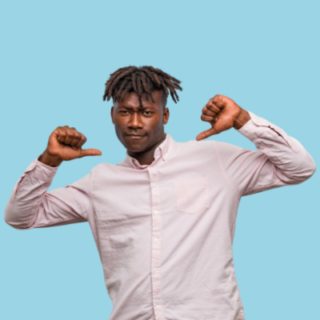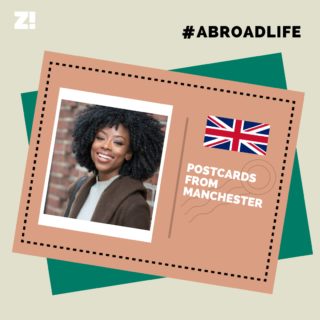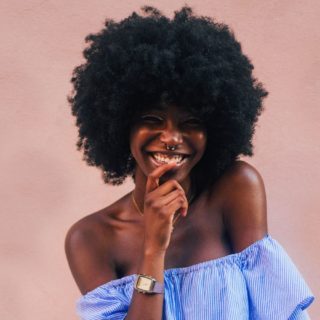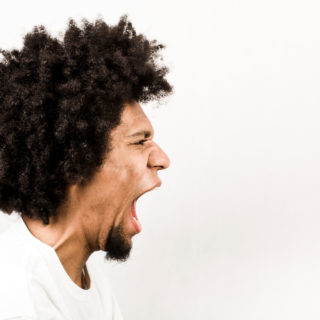The Nigerian experience is physical, emotional and sometimes international. No one knows it better than our features on #TheAbroadLife, a series where we detail and explore Nigerian experiences while living abroad.
In January 2020, Kay — awesome writer over at TechCabal, (Zikoko’s sister publication) spent a month in South Asia, touring the borders between Bangladesh and India.
In preparing for this interview, I spent an inordinate amount of time getting lost in Bangladeshi cuisine, using maybe all of 3 minutes to learn about everything else (JK. Do not try this in your Zoom interviews at home kids).
Kay shares her experience as a woman traveler and tells us all the ways Bangladesh is indeed, Lagos’ long lost South Asian cousin.
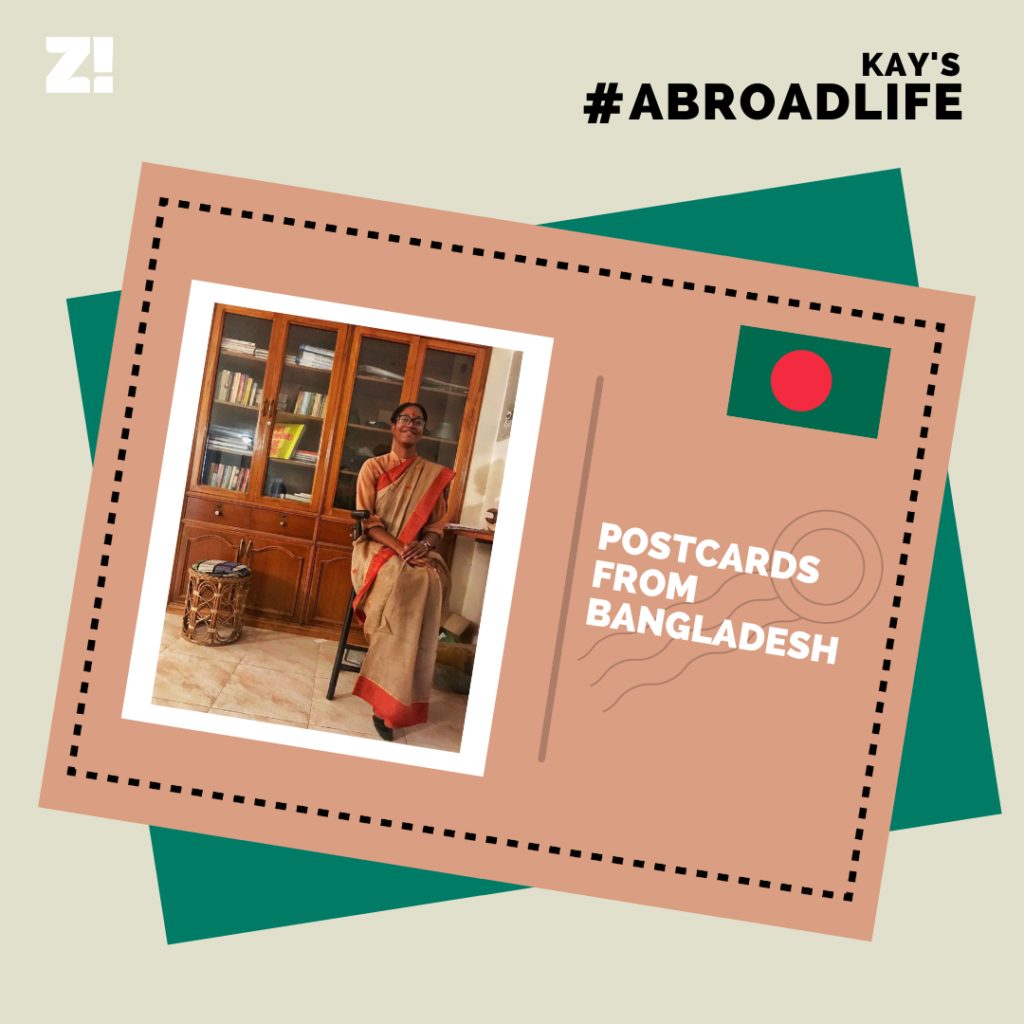
For my first question, I’m going to sound like a raging Nigerian politician, because I’m only focusing on my stomach. But, I got into a Morog Palao rabbit hole when I was em.. researching for our interview, and my life hasn’t been the same since. What is the Bangladeshi food culture like?
So this is interesting. If you walk into a Bangladeshi restaurant, it’s going to be a little rare to see anyone eating alone. They’re very communal about meal times.
As someone who is currently leaning towards the ‘chop alone, live forever’ movement, this is interesting. Please go on.
So while I was there, I always noticed they had some type of buffet going on. If you’re ordering food, they wouldn’t bring you like a plate of rice and stew to eat. Nope.
They’d bring a large bowl that has rice, lots of rice… for everyone to share. Then, that would come with all these other things, for you to serve yourself with. Oh, and you eat everything with your hands there.
Nigerian boarding school students will read about this serve yourself meal system, and wonder how anybody can be so reckless!
And tea! They take a lot of tea. It’s called ‘cha’. They take it morning, noon, night. Whenever, wherever. It’s also a welcoming treat, if you’re visiting a home, they’d serve you tea. That kind of thing.
Besides water, it’s the second most consumed liquid in Bangladesh, and they serve it everywhere!
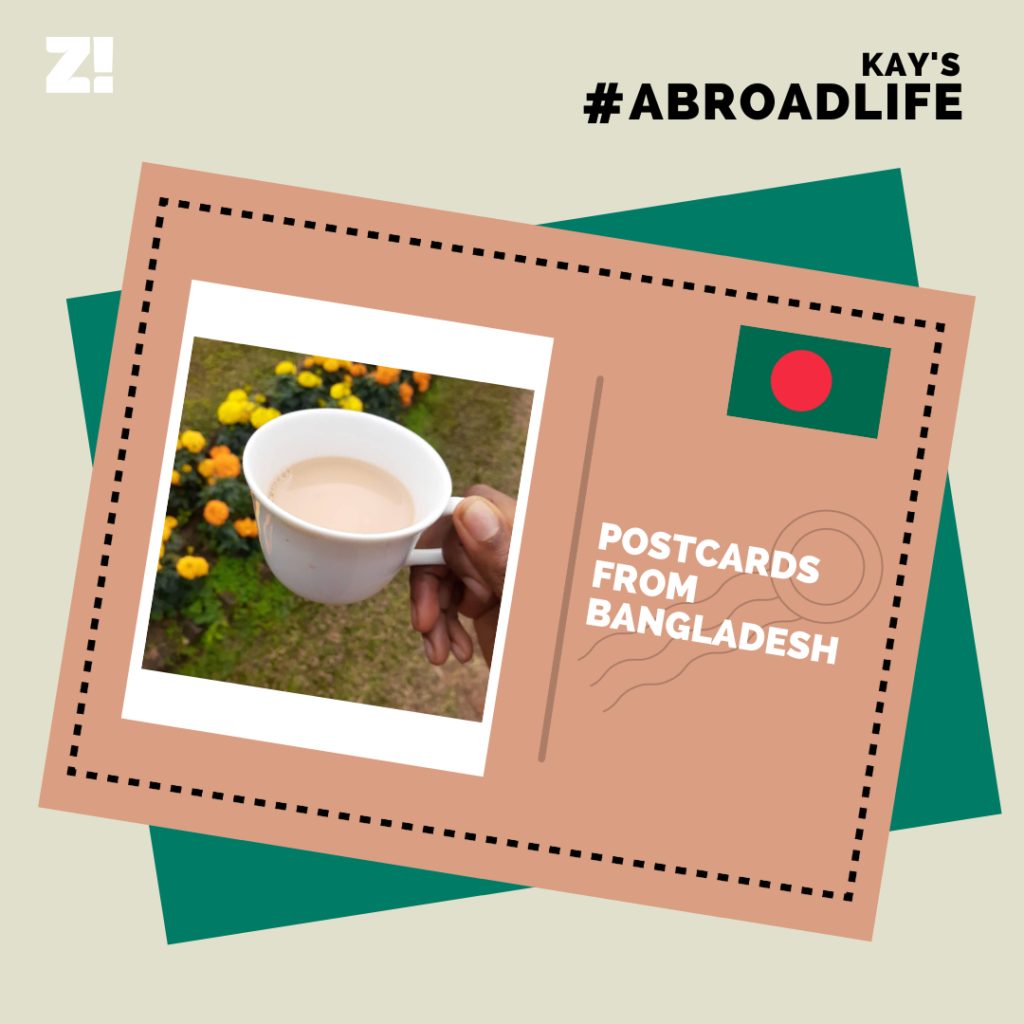
The same way you’d see puff-puff sellers on the streets of Lagos, is the same way you’d see people selling tea in Dhaka (The Bangladesh city capital). Also, they take a lot of sweet things.
Sold! My sweet tooth and I will be on the first plane to Bangladesh when this whole virus situation is done with. Which way to the visa office and can I pay in cash?
Haha. Well, in addition to sweet things, there’s a lot of bread and spicy sauce in their diet – cinnamons, curries and what not. But you’ll eat bread and rice die!
I got tired of that. There’s also a wide variety of fruit. There are cherries, pomegranates. Just so many options. Now about that visa…
*Whips out notepad plus anointing oil to pray for the end of the virus*
Well, for the visa, I didn’t handle any of that. I’m part of an art organisation – Invisible Borders Trans-African Photography Organisation and we were invited for a project in Bangladesh, examining its borders with India.
Ah, I see. My next question was going to be how you decided on Bangladesh
Yeah. So with the organisation, I wasn’t really involved in the visa process. That was handled by the project manager, but I do know he had to go to Abuja to handle all of that.
*Adds travel to Abuja sometime in 2020 for Bangladesh visa inquiries to reminder*
So when you touched down in Bangladesh, what was the most overwhelming feeling? What’s an unmissable first impression you get at the airport?
You know what? I’d have to say it feels like you just landed at an extended wing of the Murtala Muhammed Airport in Lagos. It feels like you just landed in Lagos.
*Burns notepad* *Cancels reminder* *Forgets Bangladesh travel plans *
Wow. Girl I am so sorry! I am so sorry you got played! How did you go around the world, only to wind up in a place just like the one you left?
It’s funny because when I first landed at the Shahjalal International Airport, I noticed how similar the arrangements were. The way you queue, the maneuvering, people using tape to tag their luggage. It was so similar, it was actually fascinating.
That same disorderliness in Lagos is there. There was a huge crowd when we got to the airport.
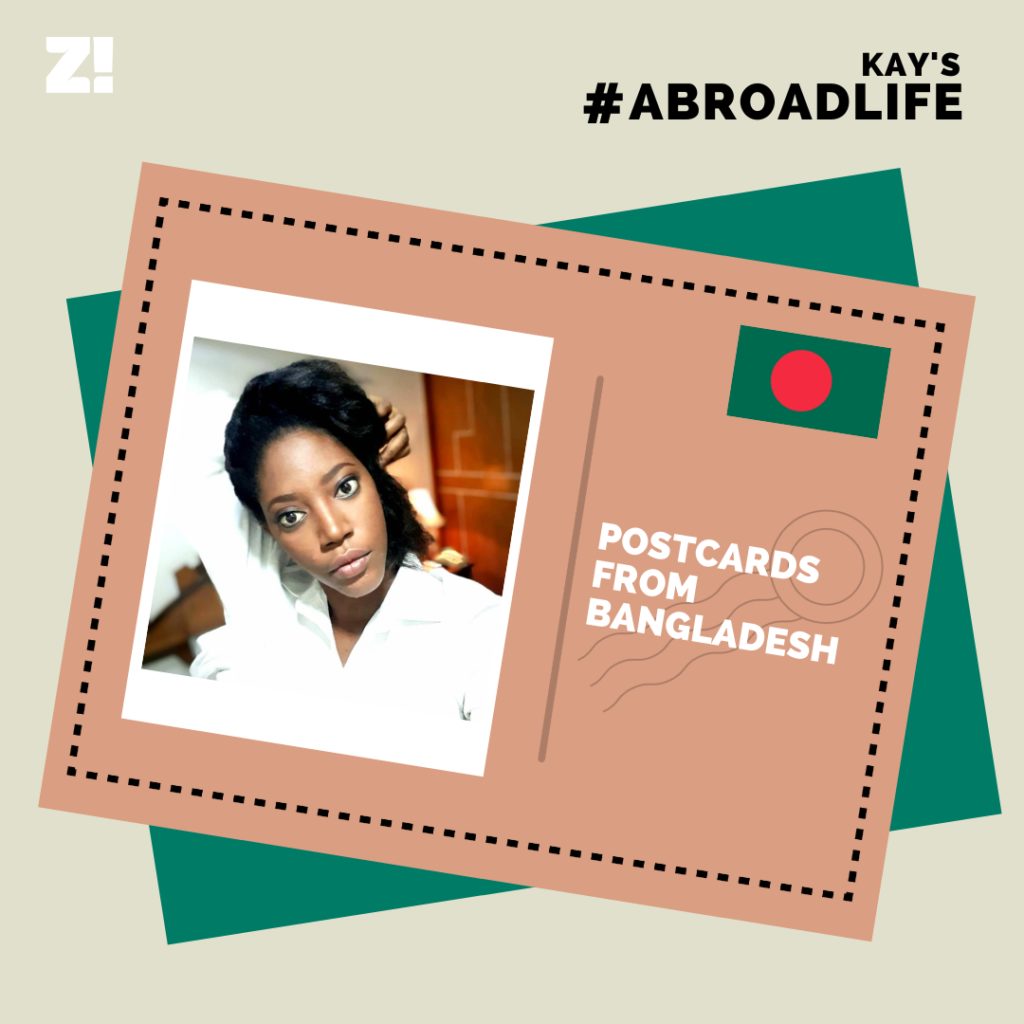
This japa problem is everywhere sha
Ha! We spent a few hours at the airport. Some of it was just delays you’d expect, the rest was racial profiling. Myself, my travel companions, some Ugandans and another man from an African country, got pulled out of the queue to get our visas and passports confirmed. So that happened.
Really? Bangladesh too wants to form? Okay sha…
Oh and one interesting thing before I go back to the similarities. If you’re black in Bangladesh, you will get a lot of stares. A lot.
It’s kind of like how in earlier years, white people in Nigeria would get a lot of attention, regardless of who they were? Here, we got people that stared us down all the time. We were actual spectacles. It was the most interesting thing.
This your trip was a trip, no lies
So the similarities again. The traffic! Lord. There were constant standstills, trying to maneuver your car. That same Lagos craziness? It was all there.
Have I said how sorry I am you jammed Lagos part 2 in this trip? Because???
What made it even more hilarious was that they have all sorts of transport contraptions in Bangladesh. So you’re dragging the road with regular cars, buses, bicycles, motorbikes, kekes. Then you have rickshaws. When I went sightseeing in Old Dhaka, I literally saw a horse chariot.
There is no way you saw a horse chariot in 2020, Kay. No way. We will fight over this phone.
See now…
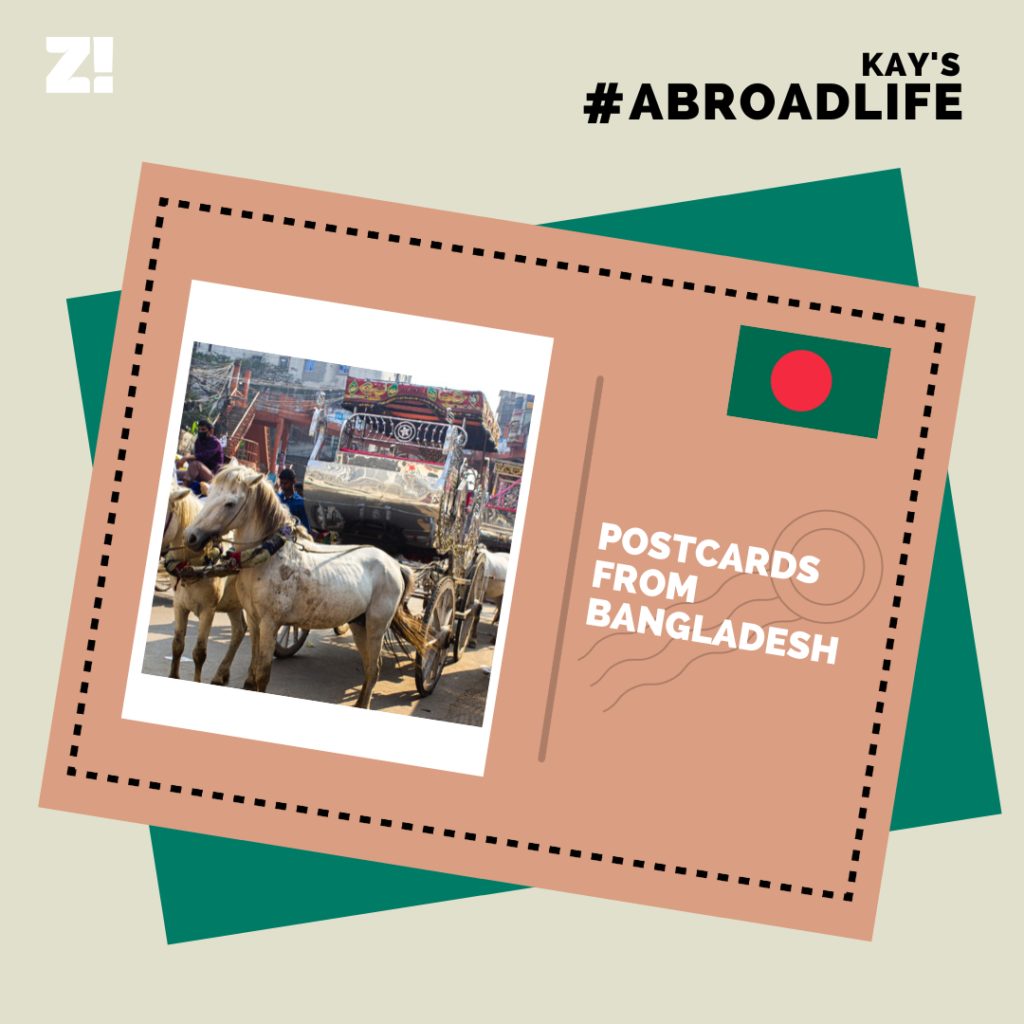
Yeah, I have to go to Bangladesh now!
But beyond the airport and the traffic and the craziness. It’s just the constant hustle and bustle and crowds similar to Lagos. You get that whole vibe complete in Bangladesh.
I hear that. So now I’m intrigued about the people of Bangladesh and if they’re operating on the same wavelength as my fellow crazies in Lagos. What were your immediate impressions of the Bangladeshi people?
Hmm. So once you get past all the staring and being the object of the day, you’d notice that the Bangladesh people are incredibly warm. The strangers go out of their way to help. Easy example, while we were travelling from one stop to another, some of us needed to use the restroom.
Mind you, we were a team of four from the organisation (3 Nigerians and 1 Belgian). The project also had 4 Bangladeshi photographers. Usually, we’d find a gas station to pee, but there wasn’t one available for the next mile. Our companions said they’d stop at any house and ask if it was possible to use the rest room. I laughed and thought they were joking.
True true, we parked at a random house. They spoke to an elderly lady who agreed to have us use her restroom. It was the most welcoming thing ever.
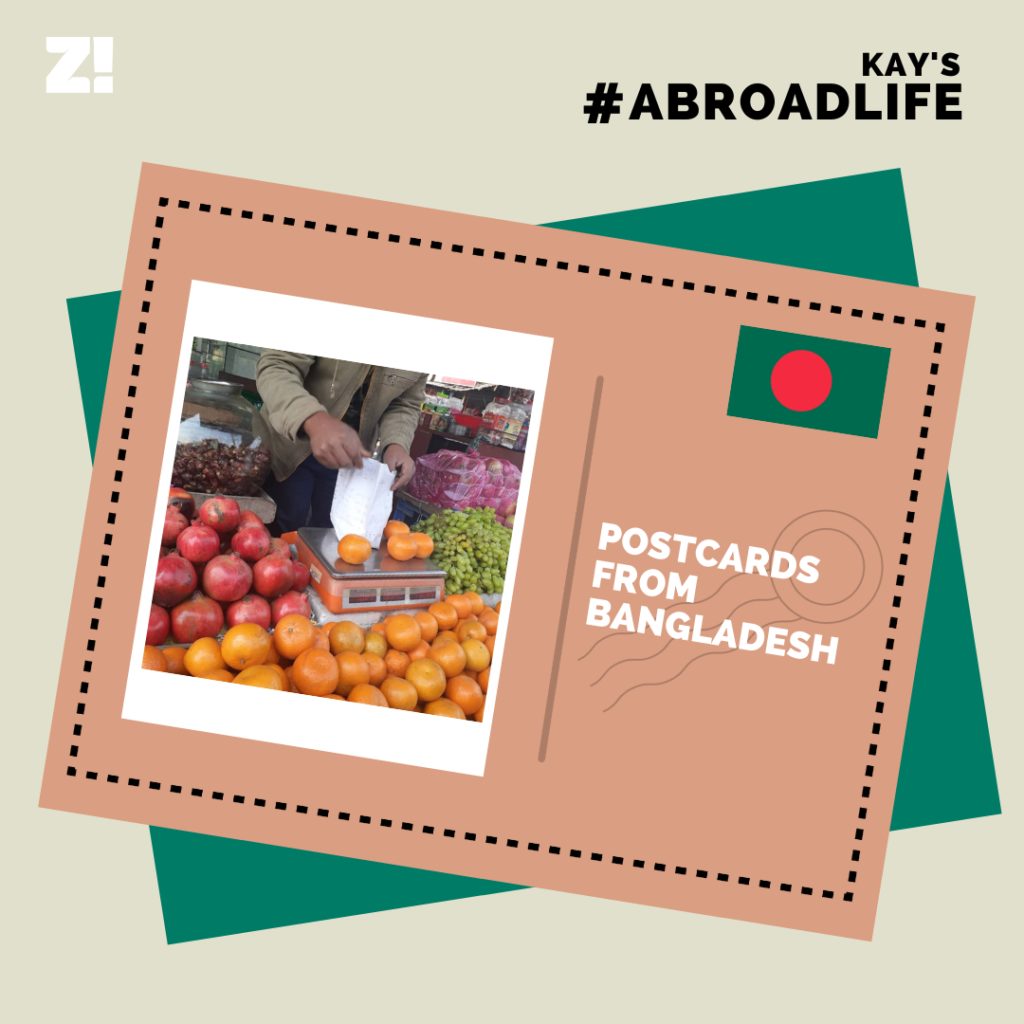
The Nigerian in me is stuck on all the ways things could have gone wrong for the old lady, but that’s an incredibly sweet story. Great to know some kindness still remains in the world. And their dressing? How’s the Bangladeshi drip?
Well, when it comes to dressing, there’s a lot of traditional garb. Especially when you start moving away from the capital Dhaka, to the countryside. People wear these traditional outfits called Kameez, a kaftan with trousers that reach your ankles. They wear a lot of saris too. There was an art summit we participated in, guests were constantly trooping in in their saris. So there’s a lot of traditional wear in Bangladesh.
Got it. Now I know Bangladesh is very traditional and there isn’t a strong female presence in its affairs, what did you notice about gender representation during your trip?
So there was this Zikoko article about a housewife that kind of reflects the position I noticed a lot of Bangladesh women are in. In some parts of Dhaka, and the further away you go from it towards the countryside, you’ll notice that there are rarely women on the road. My Bangladeshi colleague told me it was because women are usually left to cater to the home. The women are expected to shelf their dreams and take care of their families most of the time.
Oh wow
But, I’ll say things are changing. I had two Bangladeshi women with me, photographers. Eery where we went, people would ask ‘where are you from?’ Like how did your husband/father let you out? That kind of thing.
But they’re breaking the status quo. The prime minister is a woman, the leader of the opposition party is a woman. There’s still a big-gender imbalance, but it’s changing.
Oh wait, this brings me to another similarity with Lagos.
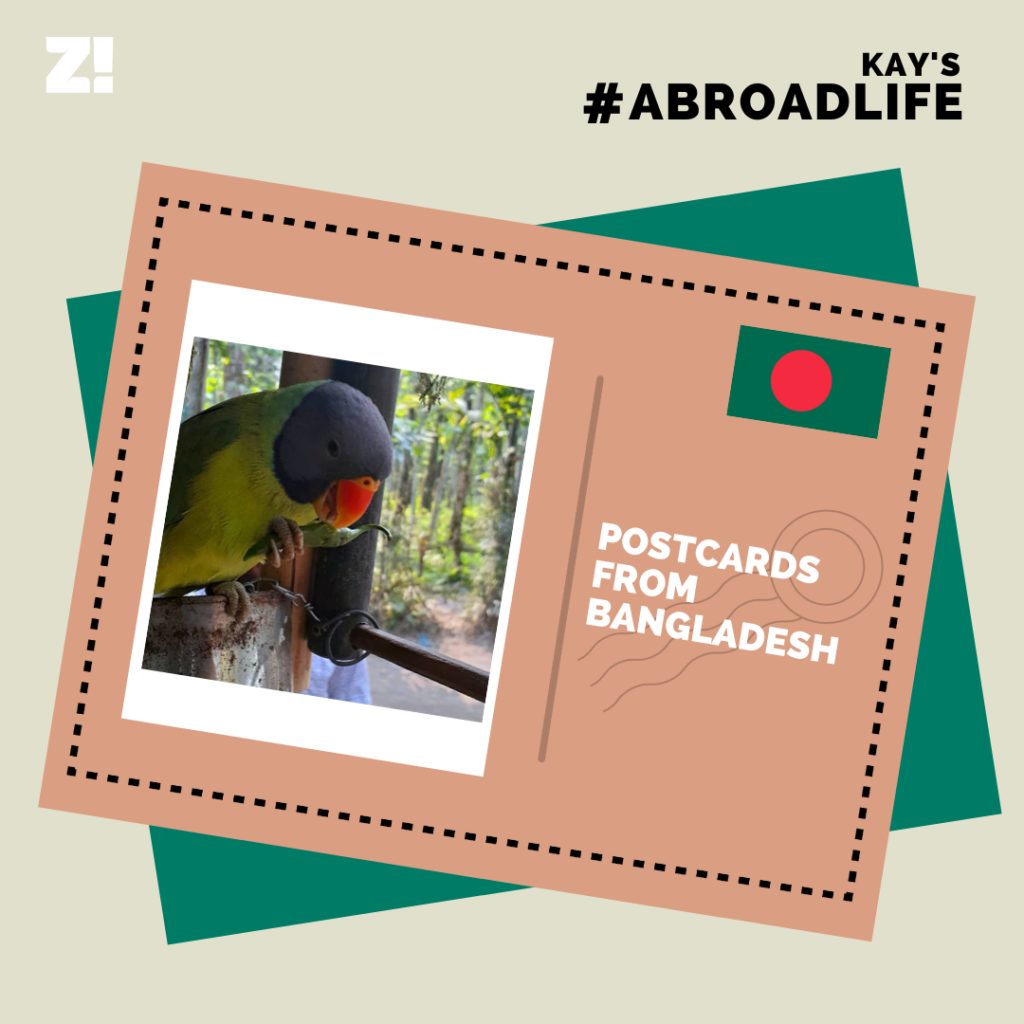
Let’s hear it!
Politics! The usual ruckus of violence during election campaigns. We were in Bangladesh until the first of February, and before that time, they held Mayoral elections, our equivalent of a governorship election. It was the Nigerian blueprint.
There was a riot after elections, the opposition party accused the leading party of rigging, people stoning voters. That kind of chaos
Oh Lord. When will this end? Embarrassing political antics to the side however, there is one ultimate way to know if Bangladesh really is like Lagos.
And what’s that?
The nightlife. How does Bangladesh throw it down?
Well first off, they do not drink alcohol over there, it’s prohibited and you’d have to …
F9! It is not like Lagos, let’s wrap it up!
Haha. But yeah, you need a special pass to purchase or drink alcohol. In my experience, the Bangladesh favour mostly hangouts and house parties. Just small clusters of friends, that kind of thing. But I’d say I didn’t stay long enough to really figure out their social scene.
Tut tut.
But thinking about it, I have another question about women experiences in Bangladesh. How was your experience as a female traveller?
So there was something I noticed when we were doing our border rounds. We were usually paired with a Bangladeshi team mate who could speak Bengali, so they’d act as interpreter while doing their own work. I realised people were always asking the translator if I was married. Marriage and family are big deals for them.

Ah yes, the Nigerian similarity pops out again
But in terms of security, I felt relatively safe because we had male companions, so there wasn’t a lot of interference. But from what I have heard and seen in the news, the universal female experience applies. Don’t walk alone at night, be constantly wary, that kind of thing. It’s the same there.
Sigh. Just existing as a woman is exhausting.
Would you return to Bangladesh though?
It is exhausting. But yes, I would return to Bangladesh given the opportunity. I’d find a way to get over the tiredness of eating bread and rice all the time. But it’s a great place to visit, absolutely.
Last question has to be the most mundane thing that happened and the most riveting thing that happened to you on this trip
Well, haha. I have to talk about this. So I had a wig on, and a lady stopped me to ask if it was my hair. I told her no, it wasn’t and she got so upset. ‘Why would I be wearing someone else’s hair?’ She couldn’t understand it. That was interesting.
Ah! Wait till she finds out braids aren’t actually our hair
Then the most riveting thing definitely has to be getting our photographs taken everywhere. I have no idea what Facebook groups why pictures ended up in or really why they were so fascinated by us, since a lot of Nigerians actually school in Bangladesh. But it was definitely an interesting experience.
Want more Abroad Life? Check in every Friday at 9 A.M. (WAT) for a new episode. Until then, read every story of the series here.

